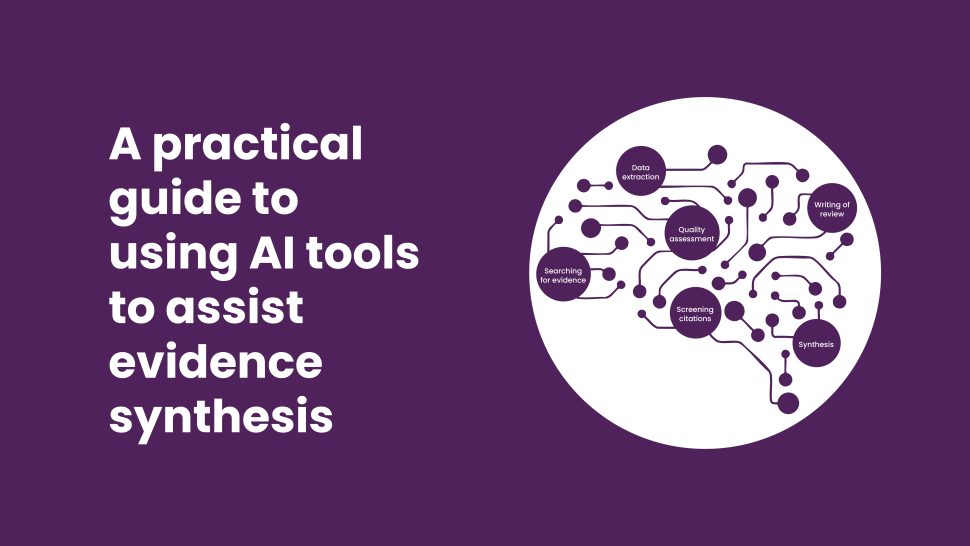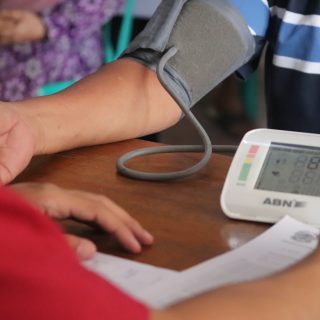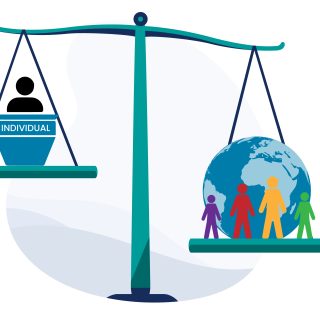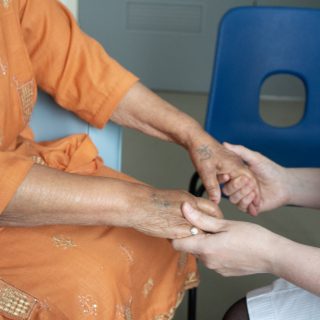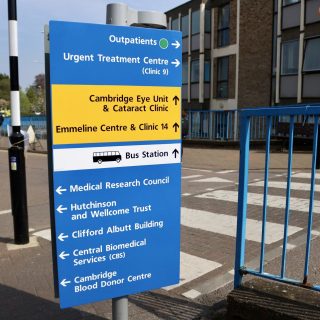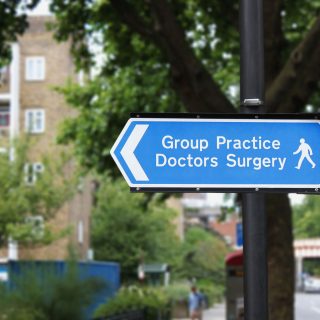What works: Achieving equitable lipid management
Cardiovascular disease is a leading cause of death in the UK, particularly impacting socioeconomically disadvantaged and ethnic minority groups. Primary care services have a significant role to play in mitigating inequalities in lipid management within health care. This evidence brief examines the available evidence on inequalities across the NHS England cholesterol pathway.


